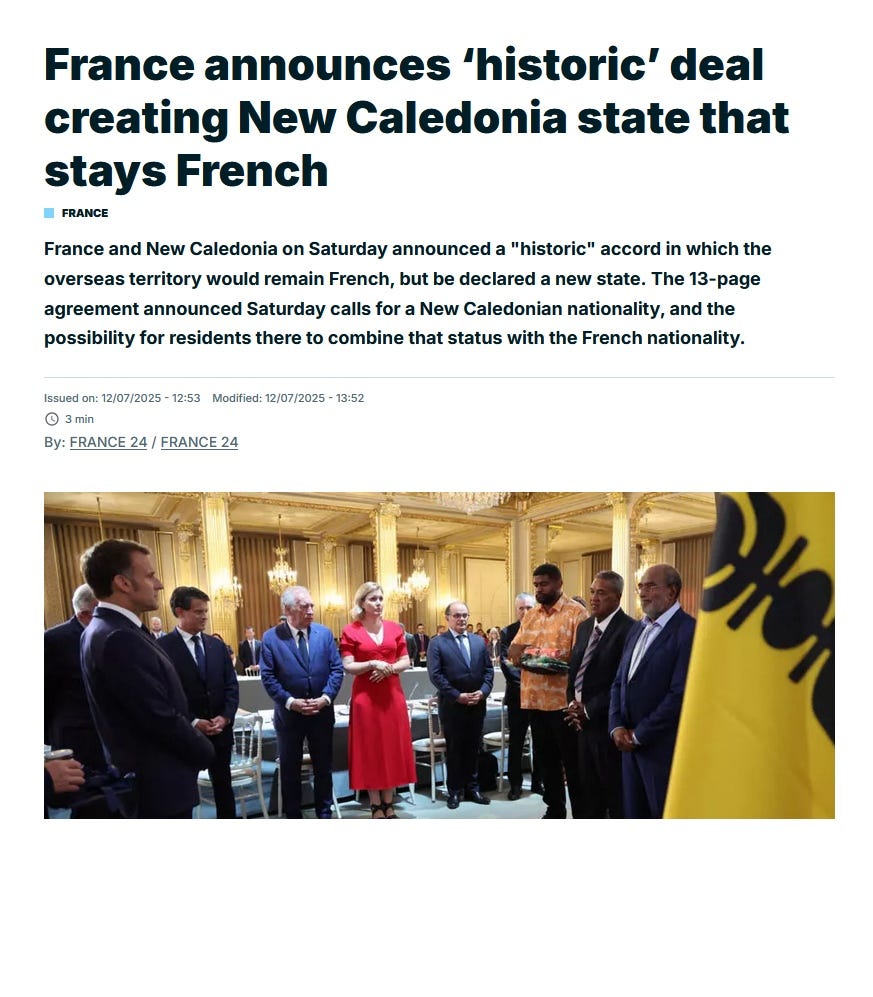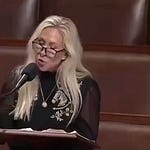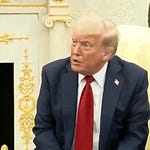The latest developments in Washington reveal a marked shift in Donald Trump’s foreign policy, particularly towards the war in Ukraine. After months of claiming indifference to the conflict, the announcement that Patriot missile systems will be sent to Kiev, paid for by the European Union, signals a return to military involvement. Trump stressed that it would bring business to the United States, but this was not part of his earlier pledges to scale back overseas entanglements. The reversal not only contradicts earlier statements but also exposes the inconsistency in messaging that has become common in his administration.
The American position on Russia remains rooted in sanctions and public condemnations. Trump hinted at more measures against Moscow, joining a familiar cycle that has seen seventeen rounds of European-led sanctions fail to dent Russia’s resilience. Washington’s unwillingness to engage with the realities of Russia’s economic adjustment and internal stability calls into question the effectiveness of continued punitive policies. Trump’s rhetoric has increasingly aligned with Republican hardliners like Lindsey Graham, who has gone beyond anti-Russia messaging to threaten China, India, and Brazil, three of the largest global economies, over their partnerships with Moscow. Such threats risk further isolating the U.S. diplomatically while hardening the resolve of nations unwilling to follow American directives.
Meanwhile, Russia has intensified its military campaign, claiming to have destroyed two Patriot systems already. Ukrainian forces, still heavily dependent on NATO-supplied weapons, remain on the defensive as Russian troops continue to claim ground. The Ukrainian offensive, long promised and repeatedly funded, has not changed the strategic map in their favour. Western countries are still sending a lot of help, but it is not making much difference anymore.
Trump's credibility issues extend beyond foreign policy. Domestically, he faces mounting criticism over his failure to release the full files related to Jeffrey Epstein. Public frustration has grown, particularly among Trump’s supporters, over broken promises to disclose information about high-profile criminal and political cases, including the assassinations of John and Robert Kennedy and the death of Martin Luther King. Epstein’s list of clients remains unreleased, and the handling of the case under Trump’s term has sparked disillusionment among his base. His recent attempts to deflect criticism by blaming the files on political enemies in previous administrations have not held up under scrutiny. Even members of the MAGA movement are voicing concern that continued stonewalling will fracture their ranks ahead of key elections.
The Epstein scandal has not disappeared. The FBI claims the client list does not exist, despite having collected hundreds of gigabytes of recorded material. Ghislaine Maxwell, now serving a 20-year sentence, has reportedly expressed willingness to testify before Congress but has yet to be approached by any government agency. The absence of institutional follow-through has fuelled speculation about deeper levels of complicity and cover-up.
The fallout is not limited to electoral prospects. Some analysts now warn that Trump’s refusal to follow through on core transparency pledges could cost him crucial support among committed populist nationalists. If even a small segment of that base disengages, the outcome of the next national election could shift decisively. This issue apart from people being curious, is also about who is responsible and how power is used.
In the Middle East, Israeli settlers have stepped up attacks on Palestinian communities with near-total impunity. The latest violence around Ramallah left several dead, including a dual Palestinian-American citizen. Armed settlers, often backed by the Israeli military, have targeted civilians, burned property, and expanded their territorial control. Palestinian residents of Sinjil, a village in the occupied West Bank, describe a situation where military walls have cut through homes and farmland, turning entire communities into de facto prisons. The Israeli government claims security concerns as justification, but the steady erosion of Palestinian land rights tells a different story. Settler expansion now covers vast areas, including land officially under full Palestinian jurisdiction.
Despite having land deeds and legal rights, Palestinians are blocked from accessing their property, while Israeli settlers build and expand freely. These actions clearly break past agreements and signed deals, and there is nothing uncertain or unclear about it. The growing role of settlers as the forward edge of annexation leaves little room for negotiation or de-escalation. Violence against Palestinians, often resulting in death, is met with silence or endorsement from Israeli officials. Apart from the people breaking the law; the law is systematically being used to take land unfairly.
Further east, France has struck a new deal with New Caledonia, granting the territory increased autonomy but stopping short of full independence. While French officials presented the arrangement as historic, it has been rejected by many in the territory, especially among the indigenous Kanak population. The agreement, which grants local control over administration and foreign relations, still leaves key powers like defence and security in Paris’s hands. Indigenous communities, who have fought for independence for decades, see this move as a temporary fix to avoid renewed unrest like that seen in May 2024. Paris’s reluctance to grant independence outright stems from economic and strategic concerns. New Caledonia’s nickel reserves are among the largest in the world, making the territory vital to France’s green technology ambitions. Geopolitically, the islands serve as a crucial foothold in the South Pacific at a time when Chinese and American presence is expanding. Independence would weaken France’s global image and diminish its status as a Pacific power.
The situation across these regions points to a broader pattern of institutional retreat masked by strongman rhetoric. Whether it is Ukraine, Palestine, New Caledonia or Epstein, the same problems keep appearing again and again: shifting lines, broken promises, and selective enforcement of law.
People have stopped trusting the system, and this problem is now also happening inside the country, not just abroad. The coming months will show whether any of these contradictions are resolved or whether they will compound into something larger.
If you think my voice should be heard louder then PLEASE support by becoming a PAID SUBSCRIBER. I’m here for your raw, straight, and dedicated analyses. Your support is appreciated. Thank you.
buymeacoffee.com/ggtv














Share this post